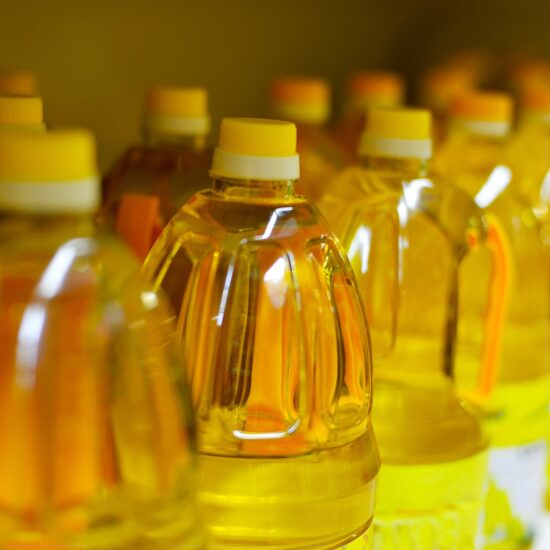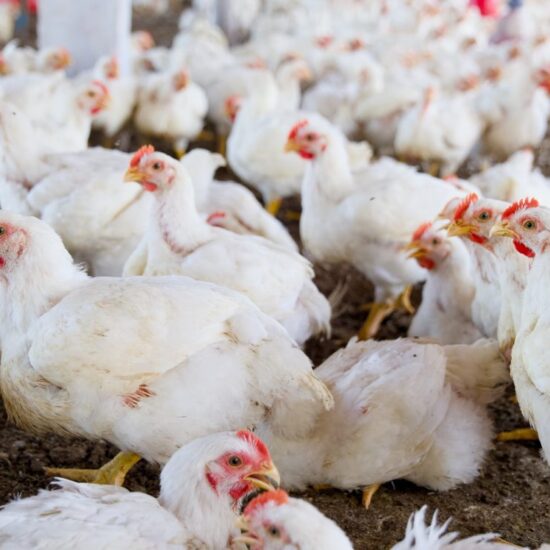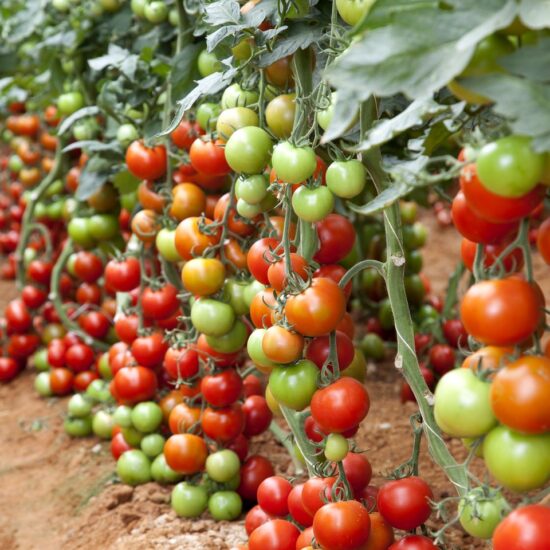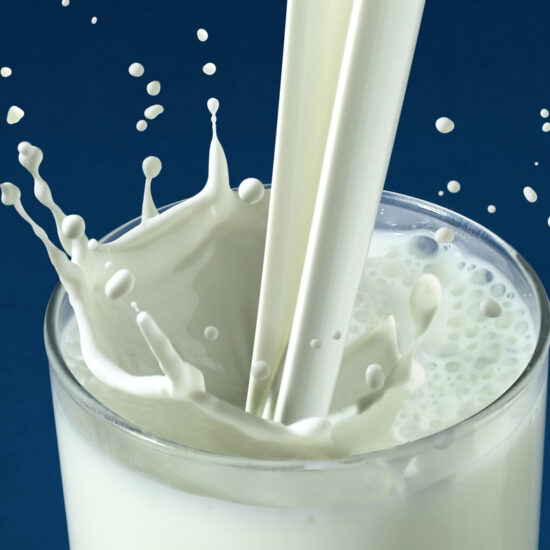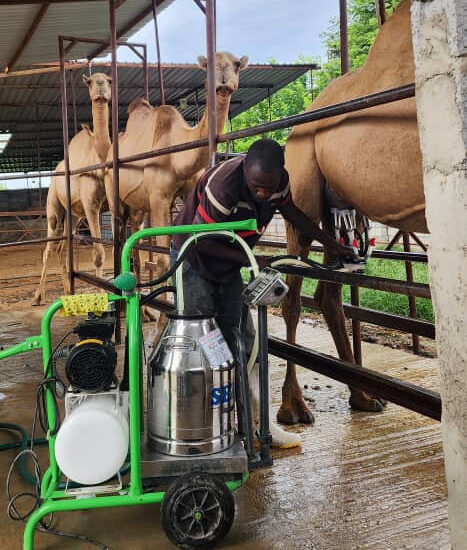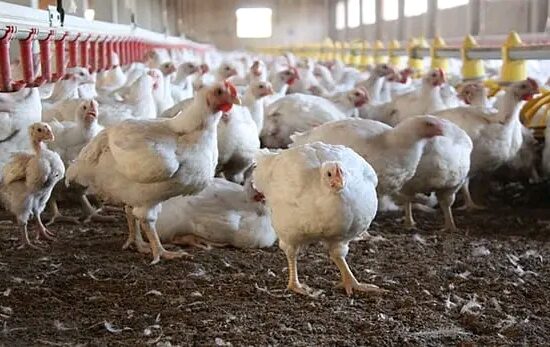
Dairy farmers and fresh milk producers have expressed concern over the steep drop of fresh milk farm gate prices by about 36% from K11 to K7 per liter. Farm gate prices are prices which diary farmers are selling their fresh milk at wholesale prices to milk processors at milk collection centers or farm gates.
One of the leading dairy farmers Guy Robinson has revealed that this drop is attributed to the dumping of milk powder (milk concentrates) which some milk processors have opted to import at the expense of sourcing from Zambian diary farmers.
He told the Zambian Business Times – ZBT that government should introduce atleast 40% duty on powdered milk in order to discourage processors from importing powdered milk and discourage the practice as there are enough dairy farmers producing milk therefore the need to stop supporting farmers from other countries and create employment for local farmers.
He explained that empowering rural people and farming communities through dairy farming brings money into rural areas, retains foreign exchange in the country as well as facilitates some dairy farmers being able to venture into other businesses such as transport through earnings from dairy farming.
Robinson has further appealed to government to consider reducing duty on milk related packaging materials so that processors can channel some of that money to paying farmers reasonable prices, which will trickle down to the consumers through better retail prices.
“Dairy farmers used to be exempted from paying Value Added Tax (VAT) but now the situation has changed and we are paying tax on all imports, so government should consider exempting large-scale farmers to help them reduce the cost of production”, he said.
He mentioned that Kushiya Farms is currently milking 500 animals and producing between 15,000-16,000 litres of milk a day and had plans of increasing the number of dairy animals from the current 500 to 600-650, but the current dampened prices of milk (K7 per litre) will not allow the expansion to happen.
“We must sell our dairy cows, so right now we are looking at selling some dairy heifers per annum to keep meeting our costs of production but if the milk price does not improve, there would be no one to buy. If the situation continues, nobody will be willing to buy the dairy heifers so what will we do, what’s the point of the ministry through DAZ importing cattle if the price of milk keeps collapsing”, he said.
Robinson further stated that the Dairy Association of Zambia (DAZ) is doing a fantastic job in terms of assisting the farmers by engaging government but unfortunately, they are failing to get through and get the desired actions from government.


